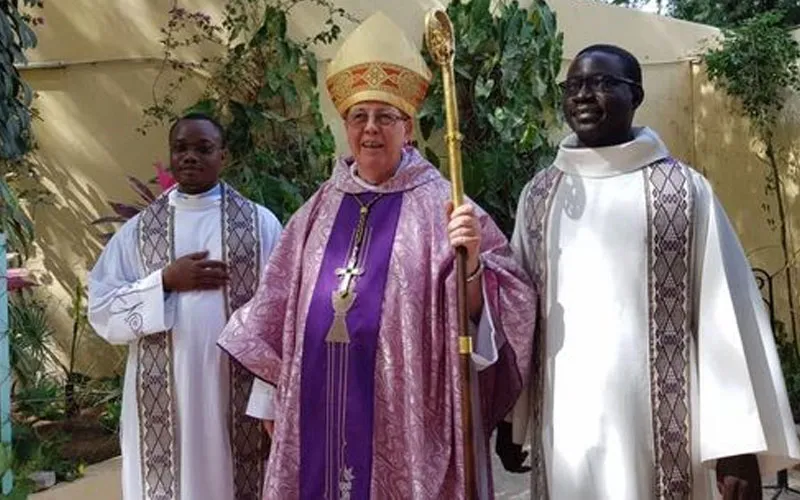Nouakchott, 02 September, 2022 / 8:53 pm (ACI Africa).
The Catholic Pontifical and charity foundation, Aid to the Church in Need (ACN) International, has announced an upcoming engagement with a Bishop in Mauritania, and assured the leadership of the Church in the Northwestern African country of its help to sustain Christianity in the hugely Islamic population.
In a Thursday, September 1 report, ACN says that Bishop Martin Albert Happe of Nouakchott, the only Catholic Diocese in Mauritania, will soon be visiting the charity’s office in Switzerland where he will talk about the challenges that Christians face in the country.
“Between September 10 and 18, 2022, Bishop Martin Happe from Mauritania will visit Switzerland … At the invitation of the ACN, Bishop Martin Happe is coming to Switzerland to talk about the challenges facing Christians in Mauritania,” ACN says in the report.
The Pontifical charity foundation observes that despite the small percentage of Catholics in Mauritania who hardly get any support from the state, the Church’s charity stands out in the country.
“The Catholic Church is heavily involved in social and charitable projects, such as kindergartens and training centers for street children and single mothers,” the charity foundation says, adding, “The church in Mauritania, which has hardly any financial resources, can count on the support of the aid organization, Aid to the Church in Need.”








